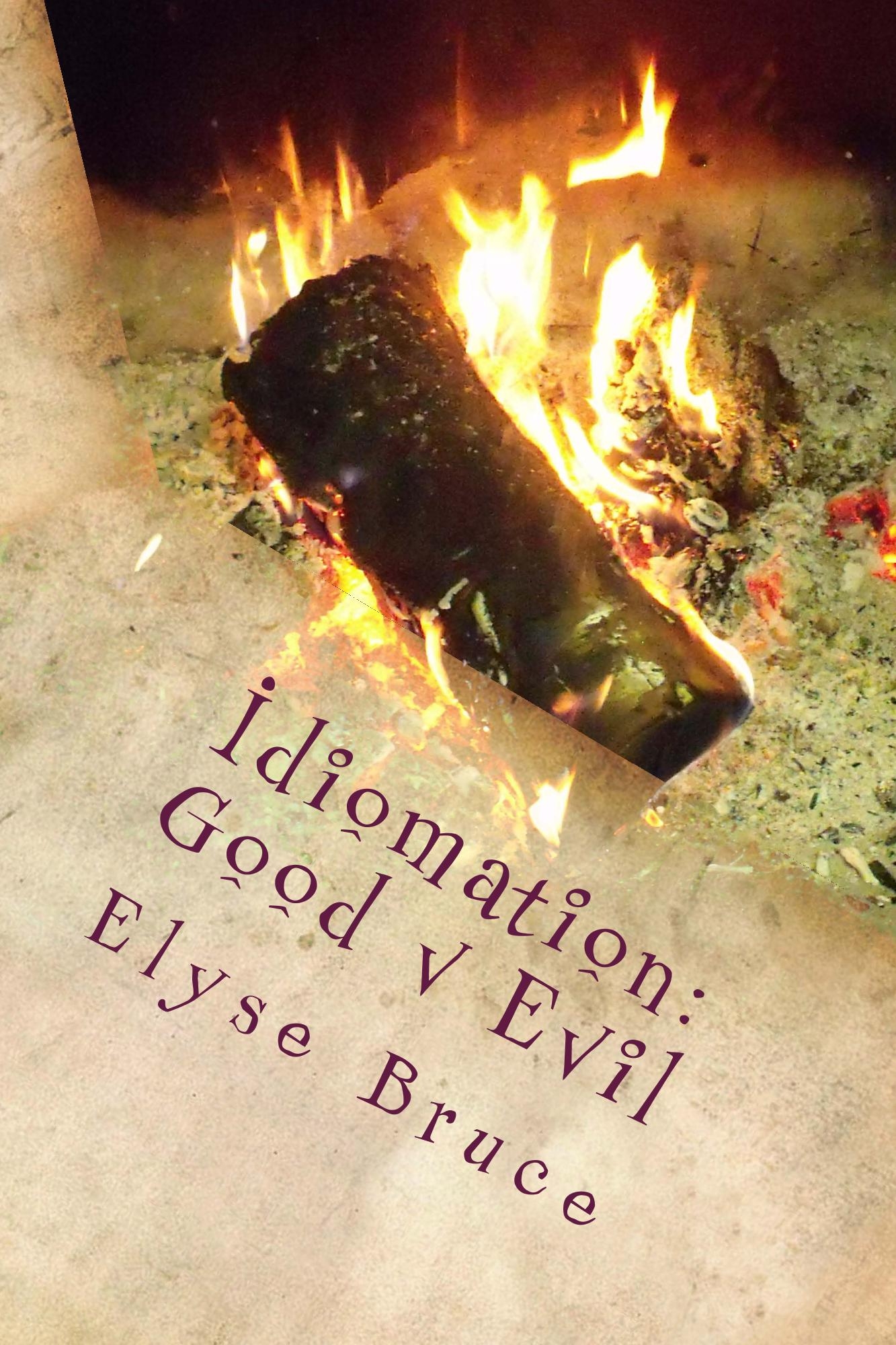There are a lot of strange explanations as to what knick knack paddywhack means, but few stranger than the one Idiomation found online where this was offered up by a thoroughly serious ‘netizen.
Paddy is slang for a police officer and whack is slang for murder. Nick is associated with the mob, and the mob has a knack for killing people even when there’s police protection in place. So knick knack paddywhack is a way of saying that even the police aren’t safe, and if the mob has a hit out on someone, there’s nothing anyone can do to stop it from happening.
No. That’s not what knick knack paddywhack means. Full points to the person who came up with that creative explanation!
Paddywhackery (and yes, there is such a word) is the word that describes the stereotypical portrayal of the Irish in stage productions. These stereotype Irishmen are charming, talkative ne’er-do-wells but lovable rogues nonetheless. But does this mean that a paddywhack is some kind of Irishman?
In Francis Grose’s 1785 book “Dictionary of the Vulgar Tongue” the term is one that refers to a brawny Irishman. Paddy was short for Patrick, the patron saint of Ireland, and according to Francis Grose, all this made sense when viewed this way. The verse quoted in the dictionary is this:
I’m paddywhack, from Ballyhack,
Not long ago turned soldier;
In storm and sack, in front attack,
None other can be bolder.
Idiomation found pinning down knick knack a little trickier than tracking paddywhack. That being said, knick knack appears as knichts they knack in the traditional Scottish folk song titled, “The Ballad of Burd Isabel and Earl Patrick.”
The Knichts they knack their white fingers,
The ladies sat and sang,
‘Twas a’ to cheer bonnie Burd Bell,
She was far sunk in pain.
INTERESTING NOTE 1: The word first appeared in ballads of the 1200s as a poetic term for a young maiden. By the 1400s, it was a term used by men of the upper class to refer to women of a lower social standard than they.
But what was knacking? Knackers was a term for castanets and was first referred to as such in 1649 in “Fool’s Dance: An Allusion.” Knacking would be to play the castanets in this instance. However, knick-knack / nick nack was also a term used in the 1570s to mean an ingenious device or a specialised trick. Knacking would be to use the device or practice one’s specialised trick in this instance.
So was a knick knack Paddywhack a brawny Irishman with a specialised trick or ingenious device who enjoyed dancing with castanets on his fingertips? Not likely (although the visual is amusing)!
Or is knick knack actually a derivation of mack whack found in the song “Paddywhack” that was popular at the turn of the 19th century?
FIRST VERSE
Oh, here I am and that is flat,
I am just from the town of Bally hack;
And what a’ye say to that”
My name is gimlet-eyed paddy whack.CHORUS
Di du mack whack,
And where are yee from?
The town of Bally hack
Where seven praties weigh a ton.
Or perhaps a misremembering of the words from “The Irish Duel” that was popular in Ireland and England at around the same time.
FIRST VERSE
Potatoes grow in Limerick,
And beef at Ballymore,
And buttermilk is beautiful,
But that you knew before;
And Irishmen love pretty girls,
Yet none could love more true,
Than little Paddy Whackmacrack
Lov’d Kate O’Donohoo.
With his fal de ral, fal de ral,
de ral, de ral, de ra.
What this means is that the mystery of Knick Knack Paddywhack remains. If one of Idiomation’s readers or visitors can shed some light on this idiom, be sure to add it in the Comments section below.

